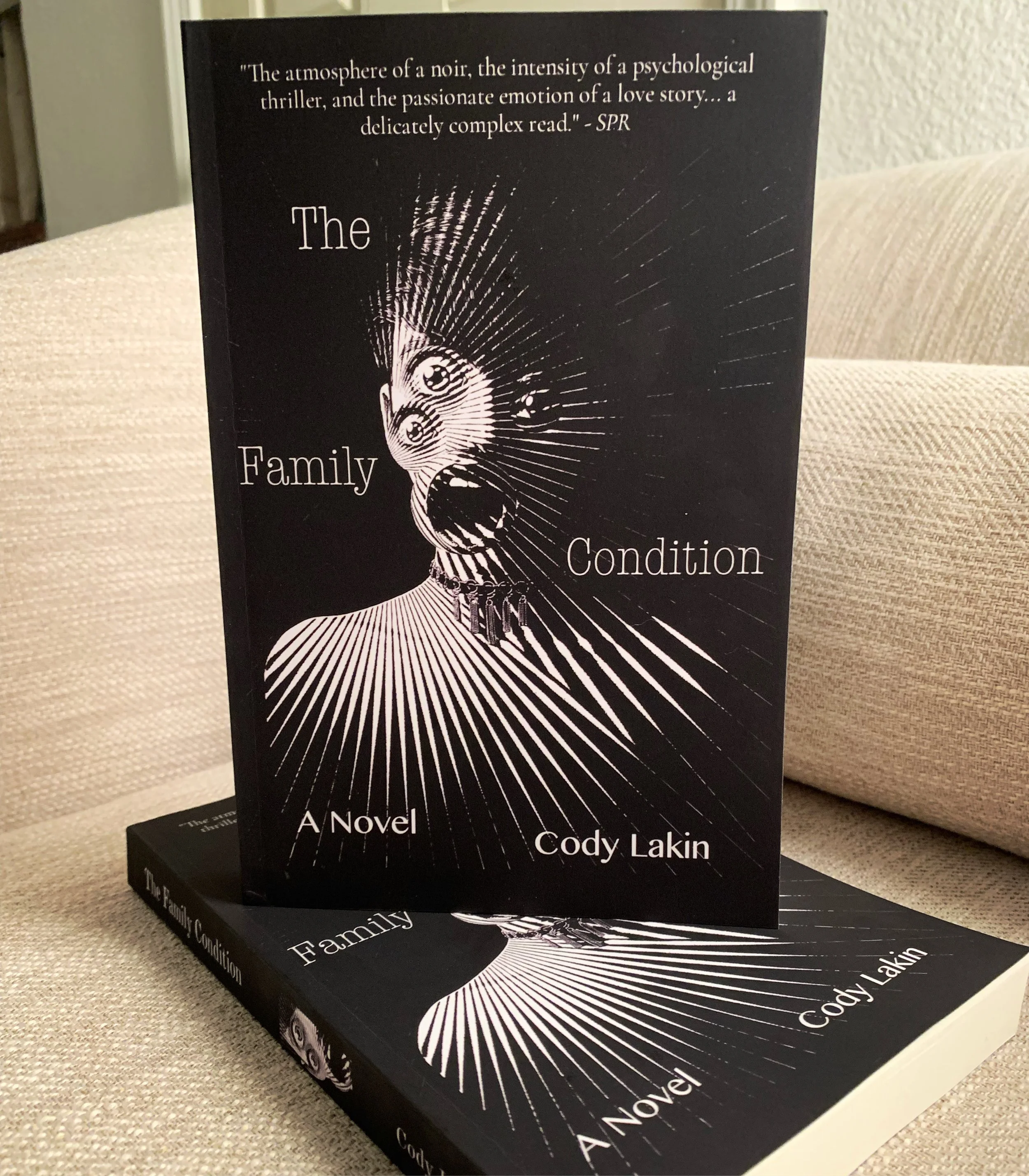When writers discuss their biggest influences, most likely they will talk about other writers who have impacted or shaped them. And while I have a huge number of influences from literature, I am also deeply influenced by cinema. Periodically I'd like to discuss the films and filmmakers who have shaped me as a writer and storyteller, even if sometimes it is simply film as a storytelling medium that has shaped me. And one of the first filmmakers to have a considerable hand in shaping me as a writer and storyteller is the Swedish master, Ingmar Bergman.
Even if you haven't seen any of his films or perhaps even heard of him, it's very likely you have been subjected to obscure references to his work in pop culture, or else experienced his lasting influence in the world of film (many great filmmakers even today name him as their favorite). His most famous work is probably The Seventh Seal, which tells the story of a knight of the crusades who challenges Death to a game of chess. And the film I want to discuss in this post, Through a Glass Darkly, is the first in one of Bergman's crowning achievements: his Silence of God trilogy.
Bergman himself I name as one of my primary influences alongside some of my favorite authors and poets and literary figures, and this began with the first time I saw Through a Glass Darkly, which I picked up almost randomly in Couch Critics, the movie store I used to work at.
I could rave on and on, in depth, about everything that makes this film the masterpiece that it is. Even just Sven Nykvist's breathtaking compositions and general cinematography. But I want to focus on the writing. The gorgeous, haunted writing.
The first thing that truly struck me about this film--what brought me back to rewatch it almost immediately--was the disarmingly vivid and clear way the characters expressed themselves. While still communicating like human beings, they expressed themselves with such distilled clarity, such troubling self-awareness and profundity.
Bergman's world is one of haunting, despairing, dark poetry, but of the sort that does not sacrifice the humanity of the characters, the way some writers put profound words in their character's mouths but in doing so compromise those characters' authenticity. Not so with Bergman. Coupled with his natural gifts as a writer--and the simplicity of Swedish as a language helps the translation, no doubt--it's easy to see how clear an eye Bergman has for articulating the human condition with language distilled to its core. In this way, his films move to deeply human introspective rhythms, plumbing the expanses and depths of the inner world rather than the outer, yet telling compelling and profoundly thought-provoking stories all the while.
Being introduced to Ingmar Bergman was like an awakening. It was a form of artistic expression that explored what I craved to explore as a storyteller. It was so human, so deeply--and in Bergman's case, troublingly--human.
Before Through a Glass Darkly I had never experienced such pure expression in film, not the kind that moved me the way this did. And it is something I strive for constantly, with varying success, as a writer: the ability to distill language when necessary, to find the essence of meaning--be it a character's meaning, a sentence's purpose, or the theme of an entire novel.
